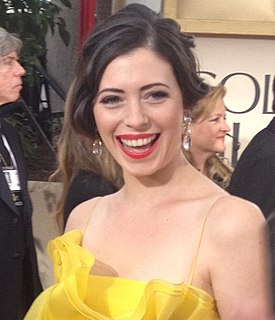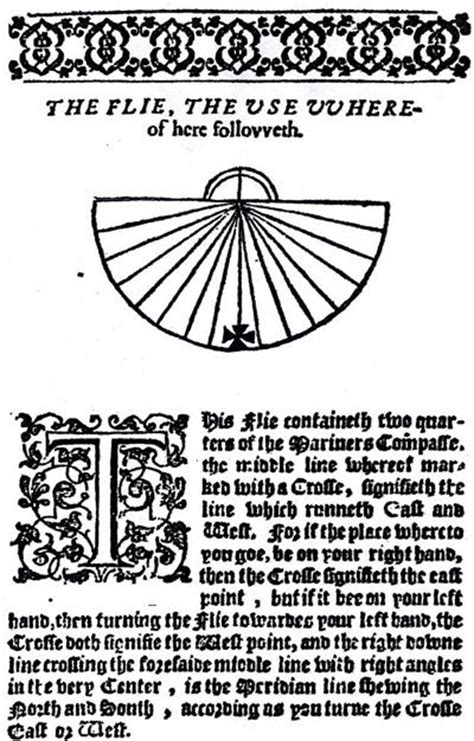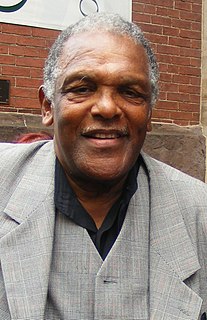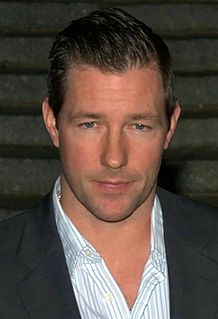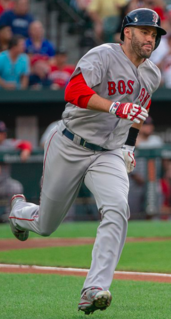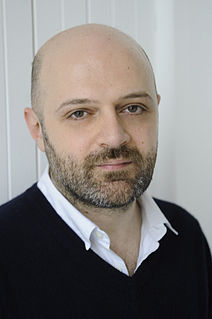A Quote by Lauren Miller
I went to film school, so I certainly know how to make things quickly and cheaply. But at the same time, I have the experience of working with Steve Starkey for three years. I watched him produce some gigantic movies.
Related Quotes
When Johnny came to Baltimore the same time I came we were rookies. He did have some pro experience. He did go with the Pittsburgh Steelers and they cut him. I had no pro experience. My thing was that hey I got to make this team. Johnny Unitas wasn't Johnny Unitas.He was just like every other quarterback. You couldn't see the things we know that evolved out of that years later. As the years went on I could really start to see him settle in that position. Fortunately for Johnny U., Weeb Ewbank was there and he worked with his quarterbacks. He had them knowing every aspect of the game.
I went to film school when I was 17, and of course when you are very young you think that there is nothing else in the world except film. At some point I started getting hungry to see something else. For five years I didn't make any films, I was traveling around the world, writing for newspapers, working in theater, working in opera, I thought I would never return to film.
Starting in middle school, I would play on two or three baseball teams at the same time, because that's just how things worked in south Florida. I would practice six or seven days each week. I honestly don't know how my parents did it, but my dad always found a way to make it to each and every game.
A lot of it starts with playing instruments and working with other people. Some of the new generation is doing it on computers and they don't have a clue as to how to play anything. That's probably one of the problems. They don't know how to make the melody, go through the chord changes. They're not starting from that same school of thought.
I applied [to film school] figuring, "I need to find some structure for myself. I need to find a way to figure out what kind of filmmaker I want to be." And that is what film school provides you with. It'll teach you the basics of how a production works and the technical side of how to put everything together, but you could also learn that by working on film sets.
I've never watched Trainspotting. I just know it's a very critically acclaimed film. In fact, I've never watched any of Danny's movies [means before he met him]. I just worked with him and felt the energy of what he is about initially before I do something. In a way, I think that's why we have discovered each other rather than replicate something else.
When you get many opportunities early on, and you have people who have been working for a while counting on you, you have to at least pretend that you know what you're doing. So any actor that's pretending, you start to develop philosophies. Without years and years of experience, you kind of go with an attitude that you know what you're doing. And so I think right around that time, I was kind of at the peak of rigidly thinking that I knew how to work in film in a way that I wanted to. Cameron was extremely patient and generous with me.
I had this idea for a long time to make a film about a poet in Paterson named Patterson. I wanted him to be working class. Eventually I thought a bus was a perfect visual way to move him, to drift him through the city, to have a measured kind of routine lifestyle. And all these things kind of congealed into the film "Paterson" eventually.
